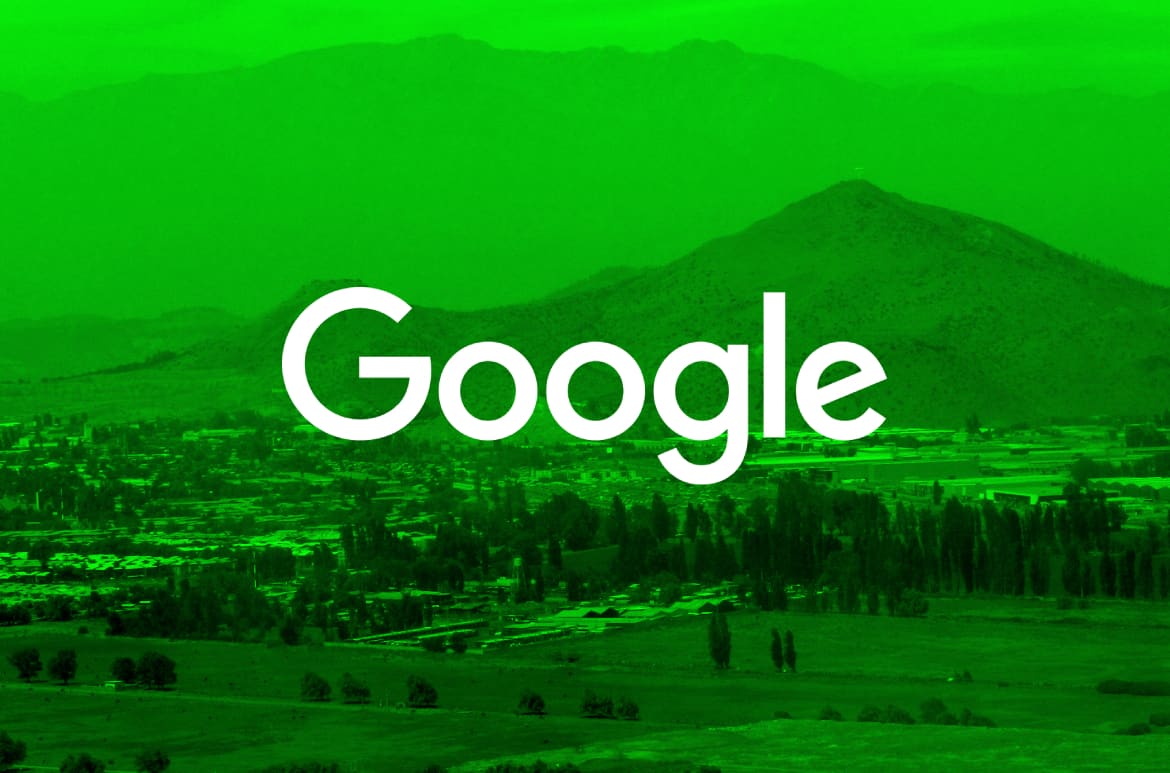
Por Contxto
December 23, 2023
This strategic shift is in response to the company’s growing reliance on machine learning techniques to augment ad sales across its search engine, YouTube, and other services. These AI tools have been instrumental in driving tens of billions of dollars in annual revenue for Google, with a high-profit margin due to the minimal employee oversight they require.
At a departmentwide meeting, Sean Downey, a key executive overseeing ad sales, revealed the restructuring plans. While specifics, including the scope of layoffs, were not disclosed, employees are bracing for possible changes expected to be detailed in the upcoming month. The restructuring is speculated to involve consolidating staff and possibly reassigning employees from large customer sales to other units.
Google’s shift towards automation in ad sales has been increasingly evident. Tools like Dynamic Search Ads and Performance Max have revolutionized how Google suggests and creates ads, leading to an estimated additional $15 billion in search ad revenue annually. As these tools become more prevalent, the need for intensive human management in ad campaigns decreases, particularly for smaller customer accounts, which can be more profitable due to lower staffing requirements.
The anticipation of Google’s new Gemini AI model further underscores the company’s commitment to AI, promising to refine ad performance testing and encourage higher ad spending. Yet, this move towards automation and efficiency is not without its challenges. Employees specialized in ad sales are facing an uncertain future as the role of AI expands, diminishing the need for certain positions and potentially altering the structure of teams and individual responsibilities.
Despite these internal changes, Google’s ad business has shown resilience, with a noticeable rebound in revenue after a downturn in 2022. However, as the company prepares for significant changes, such as the phasing out of cookies and the looming Justice Department lawsuit, the ad sales department’s restructuring seems both a strategic adaptation to evolving market demands and a preemptive measure in a more automated, AI-driven future. As 2024 approaches, Google’s ad sales strategy and workforce will likely continue to evolve, reflecting broader trends in technology, privacy, and the digital economy.

Por Stiven Cartagena
December 4, 2025
Por Contxto
July 23, 2024